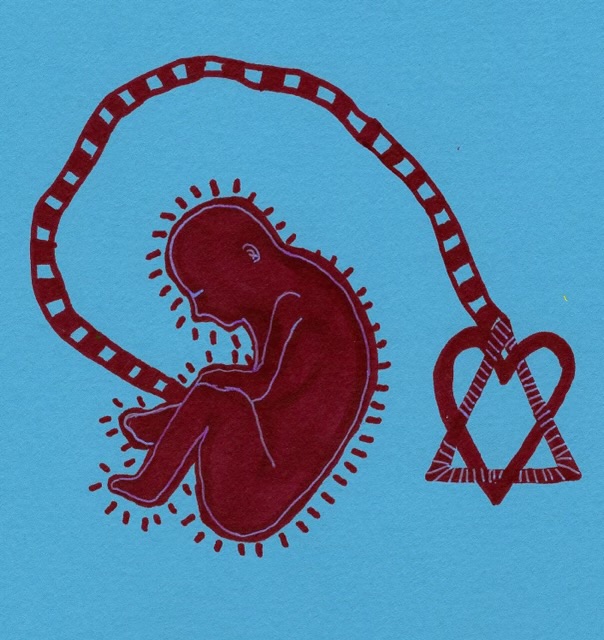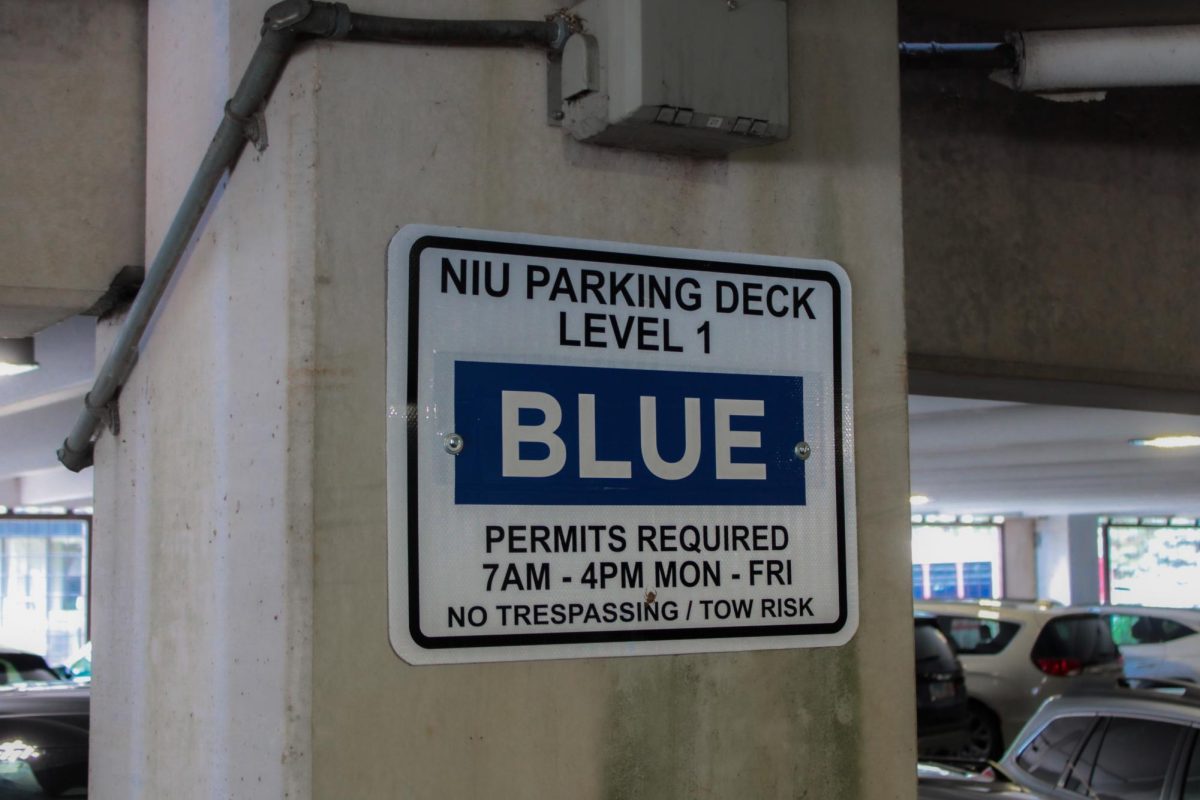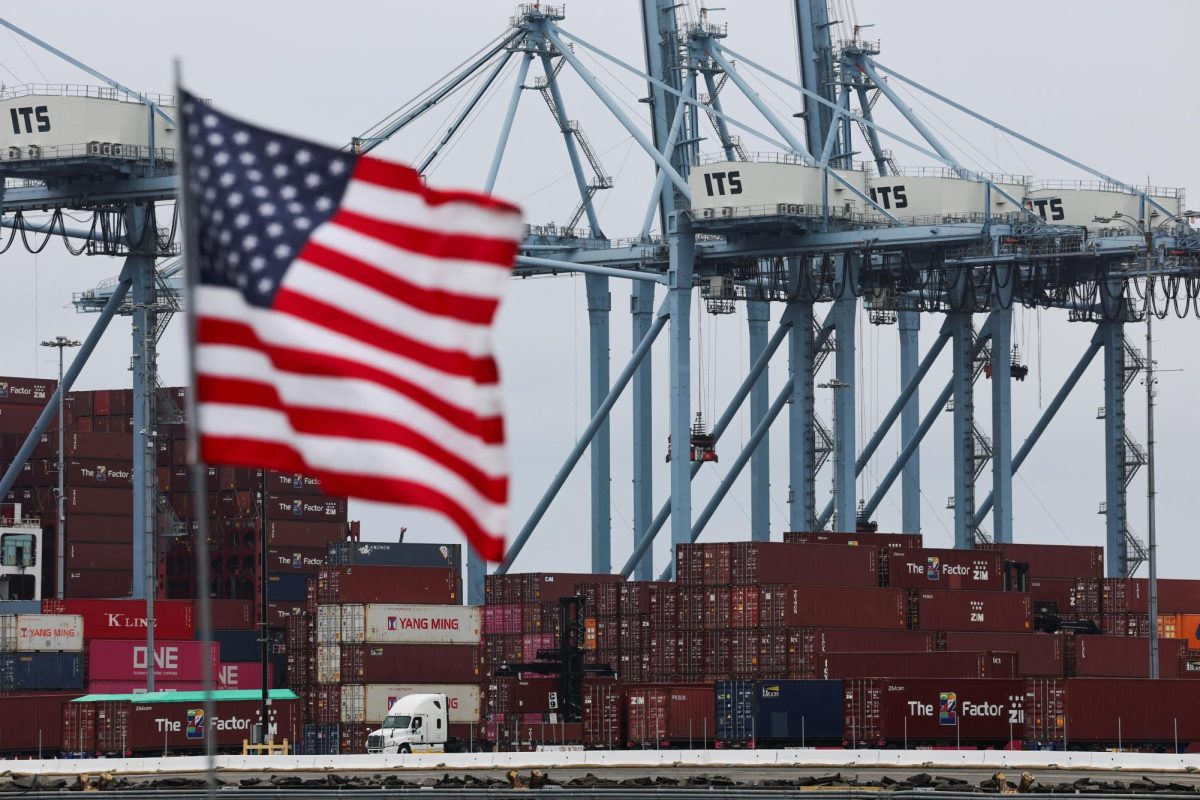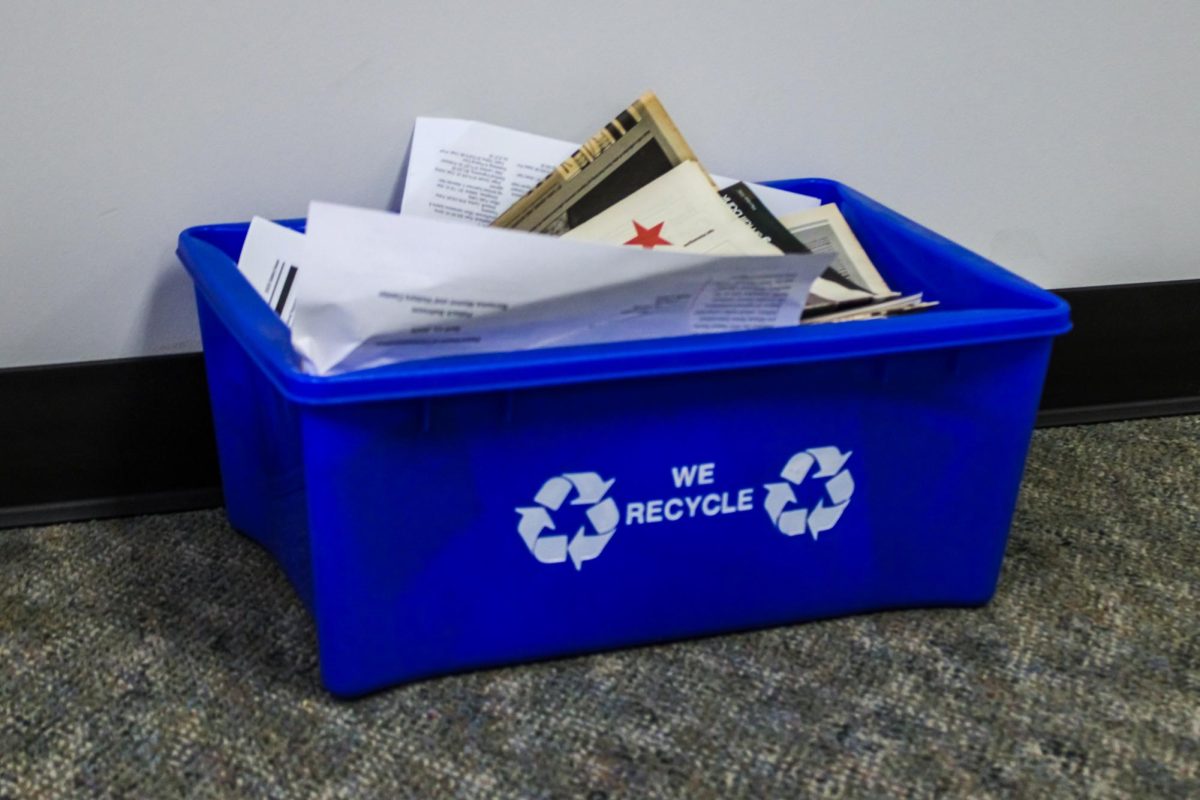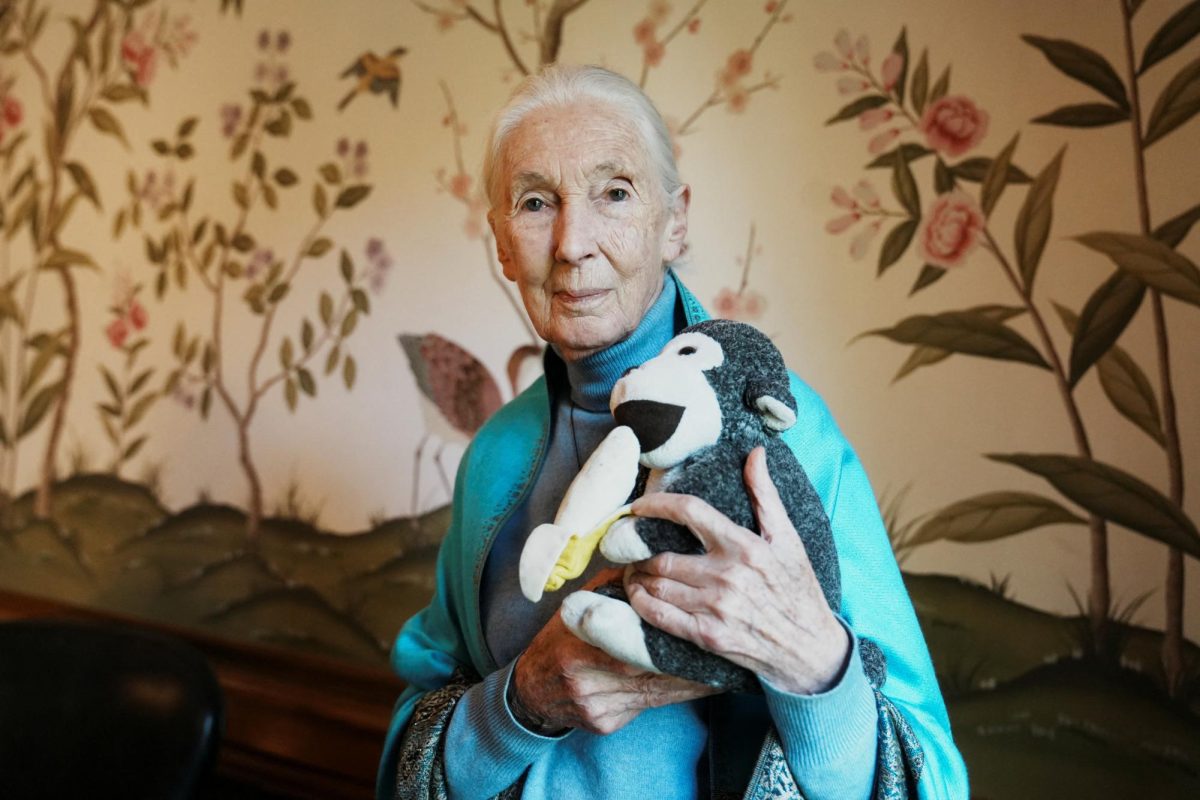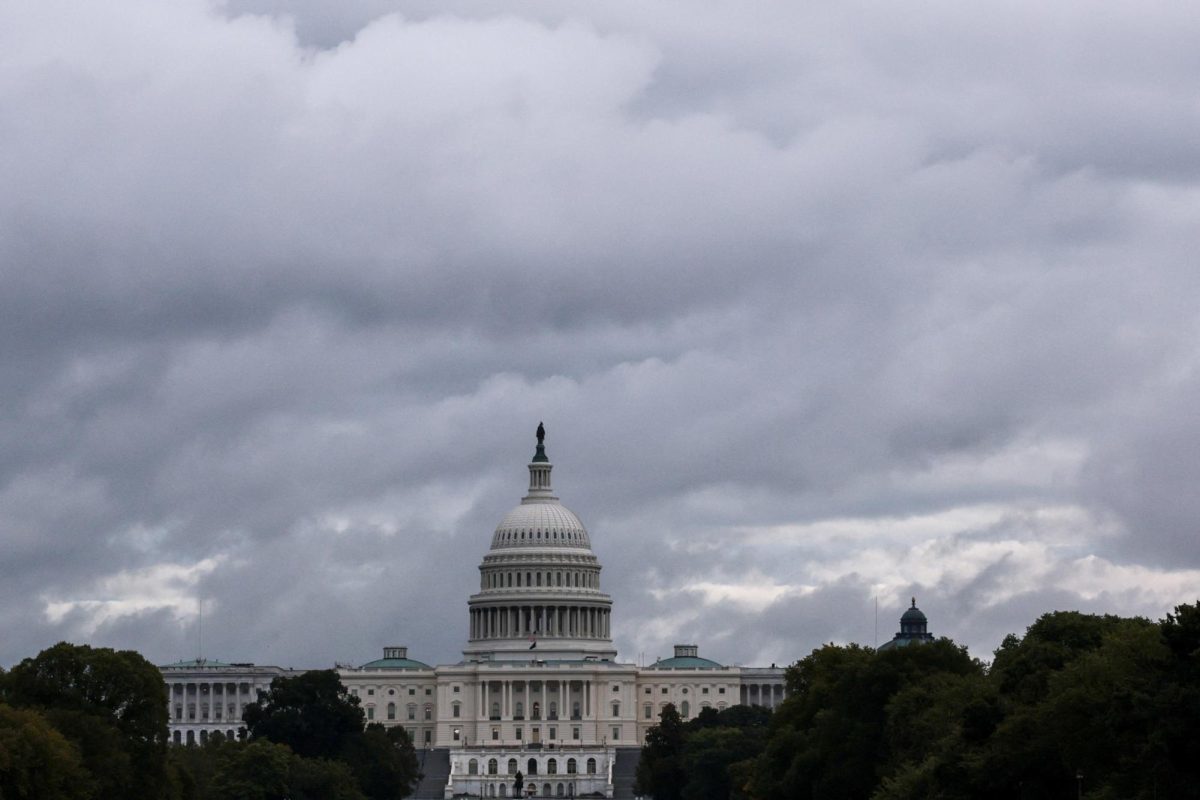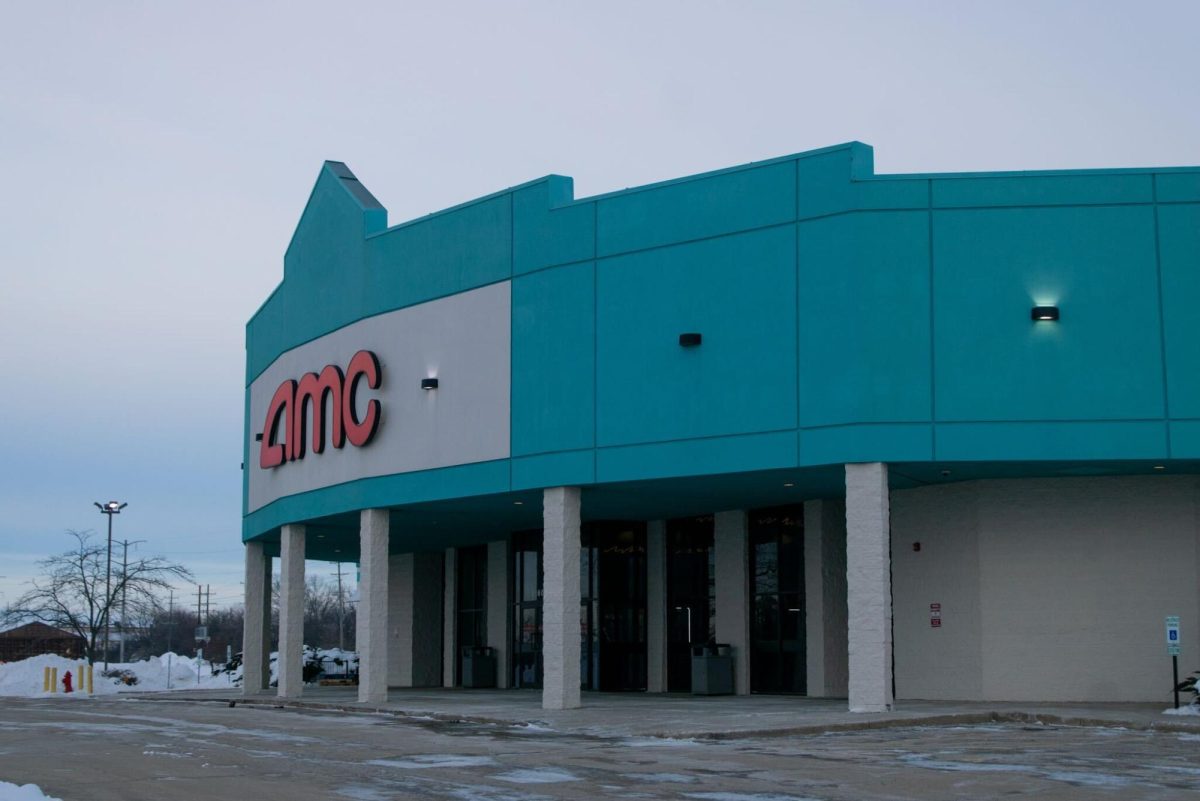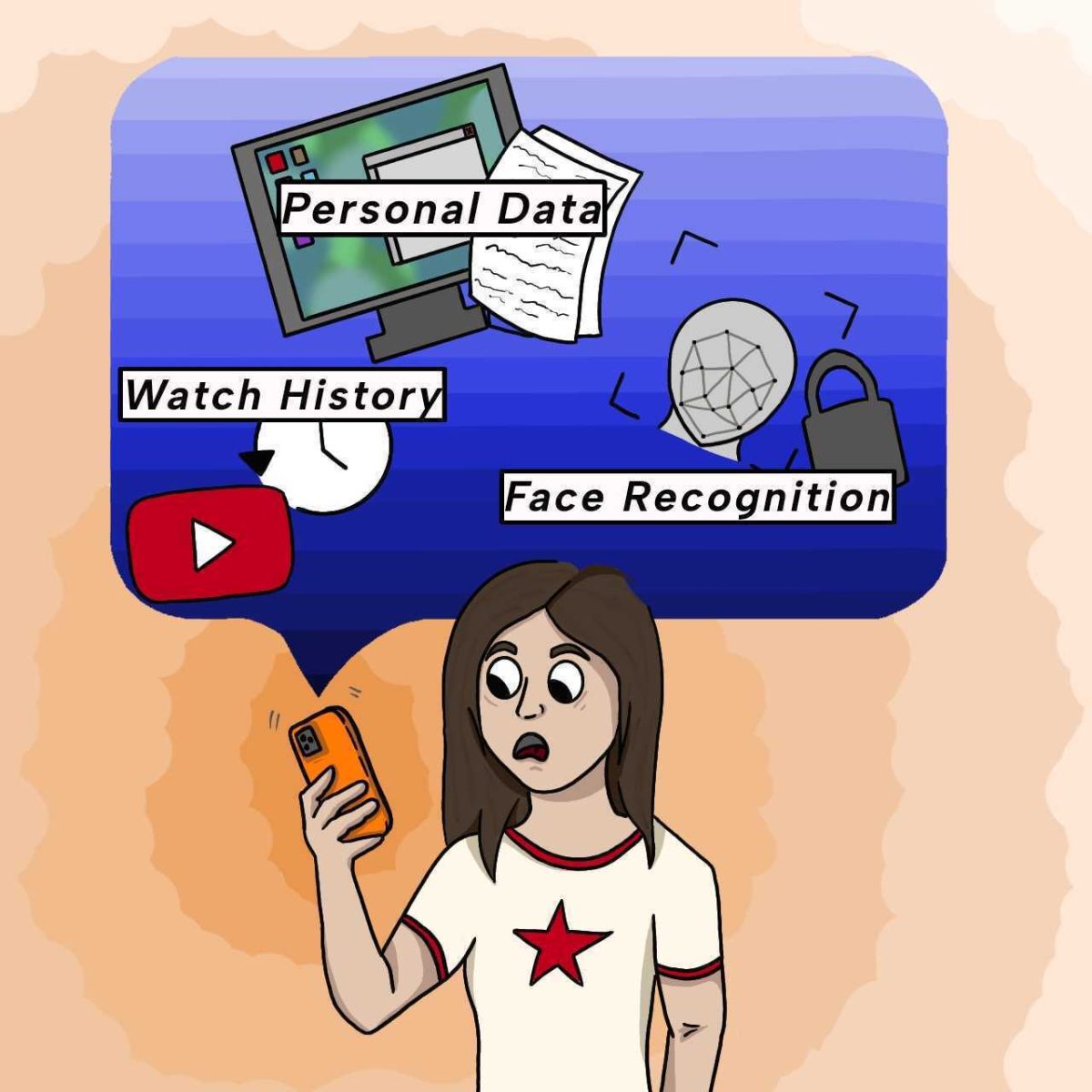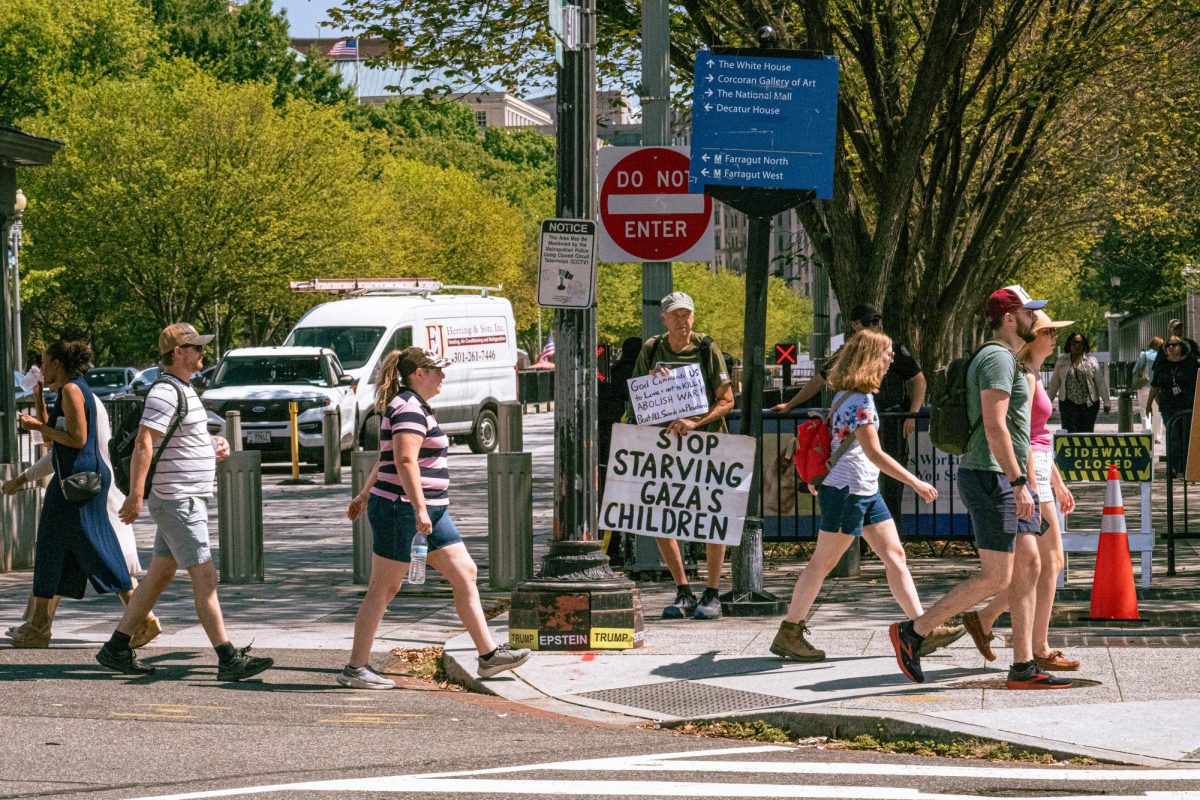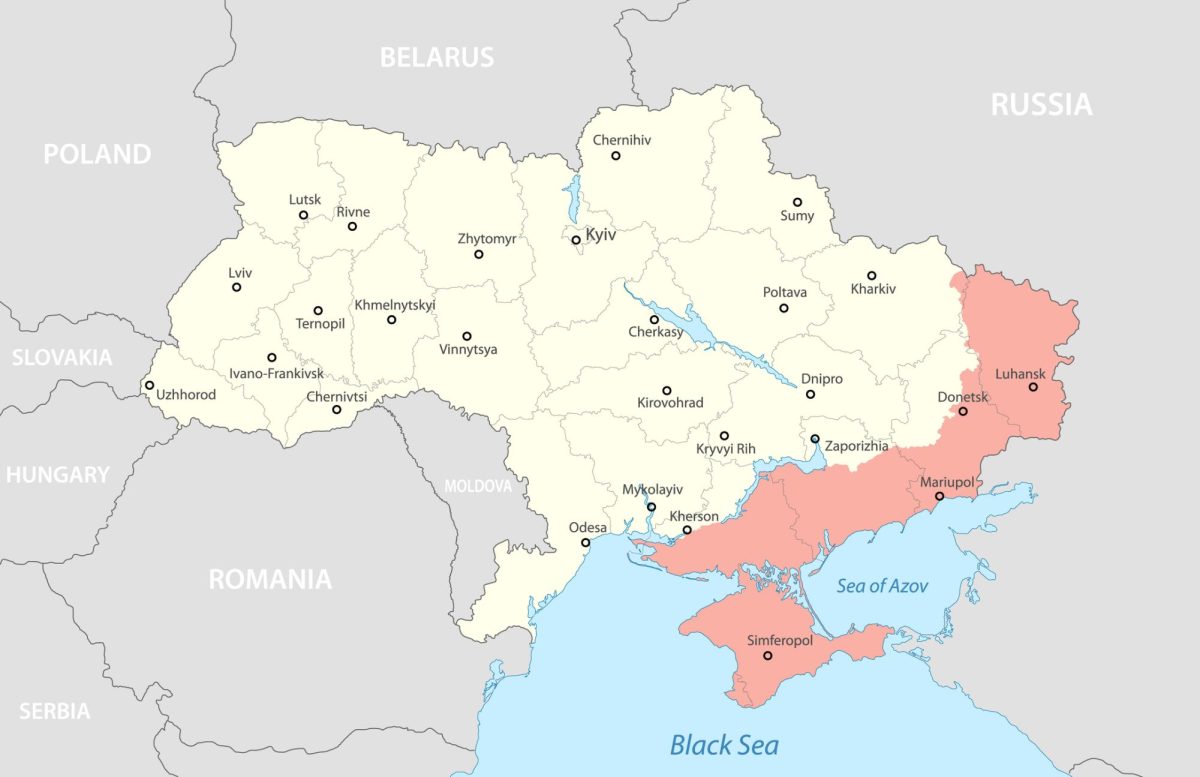Too often humans are engulfed in the narcissistic and primal desires to procreate. The natural inclination for procreation distracts people from having a considerate purpose for having children, which is evident when we observe the foster care crisis.
The urge or desire to have children comes down to our biological need to have sex, according to Mark Elgar, a researcher at the University of Melbourne. It is in our nature to be sexual, and subsequently, this has significant implications. Our nurturing instinct can be satisfied without a biological connection.
Thinking about the consequences of procreating is essential, but not everyone gets a say in what happens to their body. Females’ reproductive rights are constantly being negotiated, and children may be born under extenuating circumstances that perpetuate the foster care crisis.
Other factors feed into the perpetuation of situations where a child will not be taken care of sufficiently— resulting in the decision to place them up for adoption. But since children were brought into this world without a choice— the least we can do is provide them with respect and care.
Between 2012 and 2021, the average number of kids in foster care on a single day was 414,863, according to USA Facts. If a couple is parentally fit to support a child, they have a social responsibility to adopt and resolve the foster care crisis. Procreating is not necessary to be a parent.
Claire Hamaker, a sophomore elementary education major, described her perspective as an adopted child.
“There are so many children, even in the U.S. alone, for the foster care system and the orphanages,” Hamaker said. “There are just so many children that could be adopted and have a better life, but then people feel that it’s necessary to have their own biological connection. And I don’t personally think that that should be something you need to love a child.”
Our genetic makeup doesn’t seem to affect the love we pour into our friends or animals that we take care of, so why should it deter us from caring for children in the foster care system?
Jason Hanna, an NIU philosophy professor, shared why society could be reluctant to adopt.
“I think the reason a lot of people would say that the reason that duty is not recognized more broadly is due to prejudice and bio-normativity, which is the idea that you need to have two parents that are biologically related,” Hanna said.
Our actions have the power to shift the status quo and create a norm for caring about individuals, even if they don’t share the same genes. While improved policies are the larger-scale solution for social problems, we can also make individual changes that resolve present issues, one of them being our choice to adopt rather than procreate.
Between 31% and 46% of youth exiting foster care experience homelessness by age 26, according to a 2013 study published by the American Journal of Public Health.
Being raised without a parent or home would surely make the world more difficult to navigate. The instability and mental distress foster youth experience cause further complications such as alcohol and drug use, according to a study from the Illinois Children And Family Resource Center.
As of August 2022, the U.S. spent $2.8 billion on funding resources for the homelessness crisis, with $80 million allocated toward youth homelessness, according to the U.S. Department of Housing and Urban Development.
Allocating this much money to helping out the homeless youth with a good chunk coming from the foster care system is only a band-aid solution.
Preventing desperate situations like these is the key to making changes and improvements— as of now, prevention can be practiced by reducing homelessness and drug use by breaking the cycle through loving and caring for those at high risk for these situations— foster care youth.
We can’t overlook the value of human life — the children in the foster care system are just as valuable and deserving of a good life as the next child.


